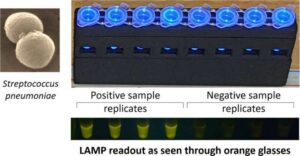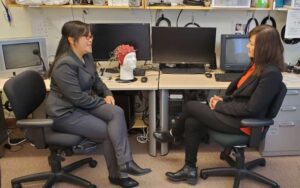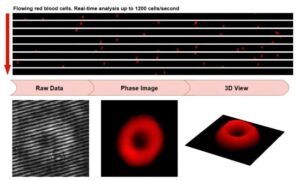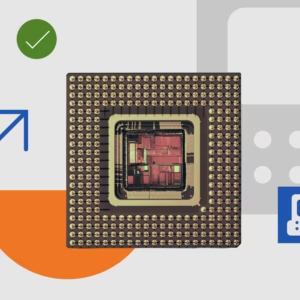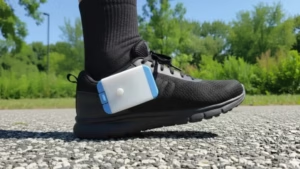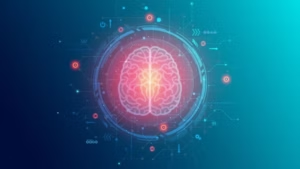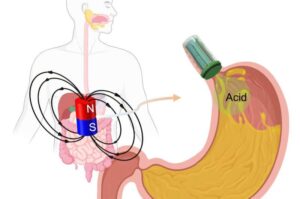
Magnetic robotic valve offers minimally invasive option for acid reflux treatment
A team of researchers led by Xiaoguang Dong, assistant professor of mechanical and biomedical engineering at Vanderbilt University, have developed a magnetic robotic valve to provide minimally invasive intervention for gastroesophageal reflux disease and possibly other organ system disorders.

